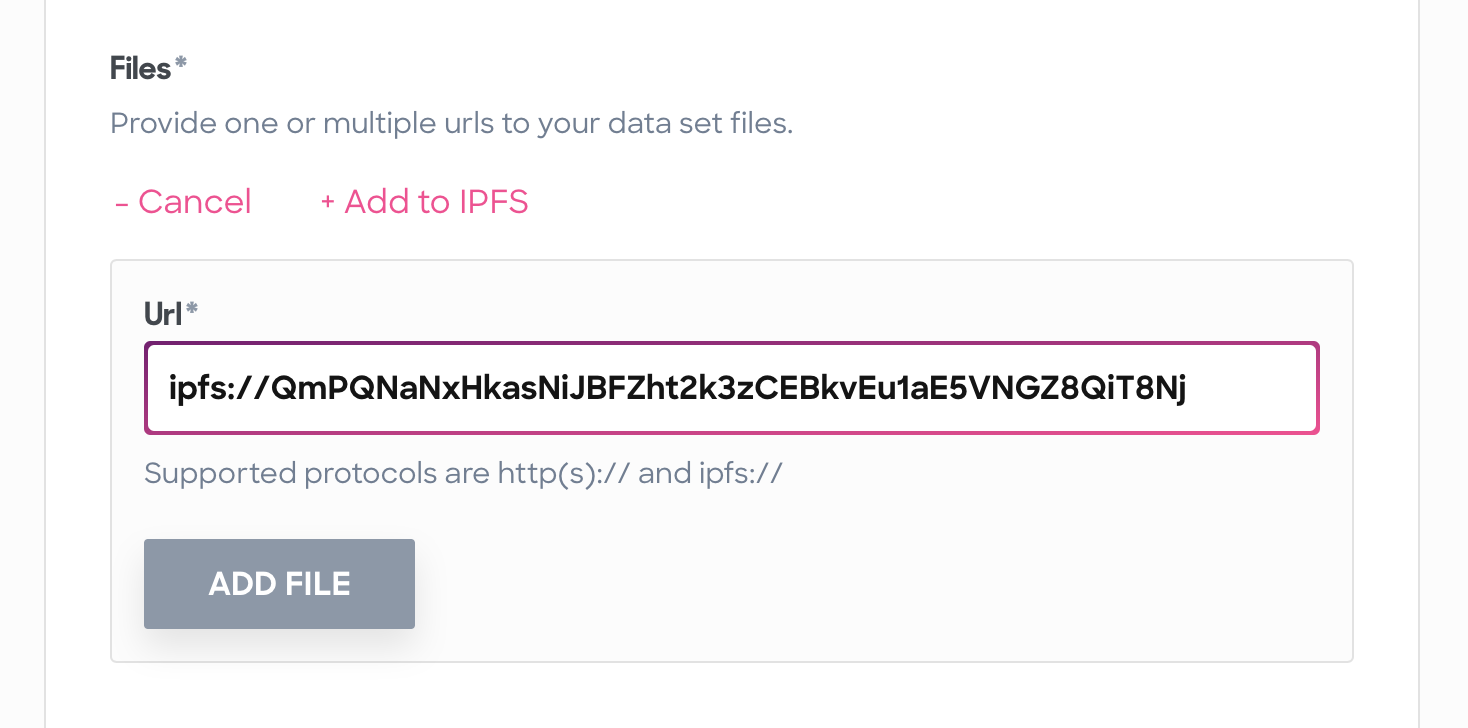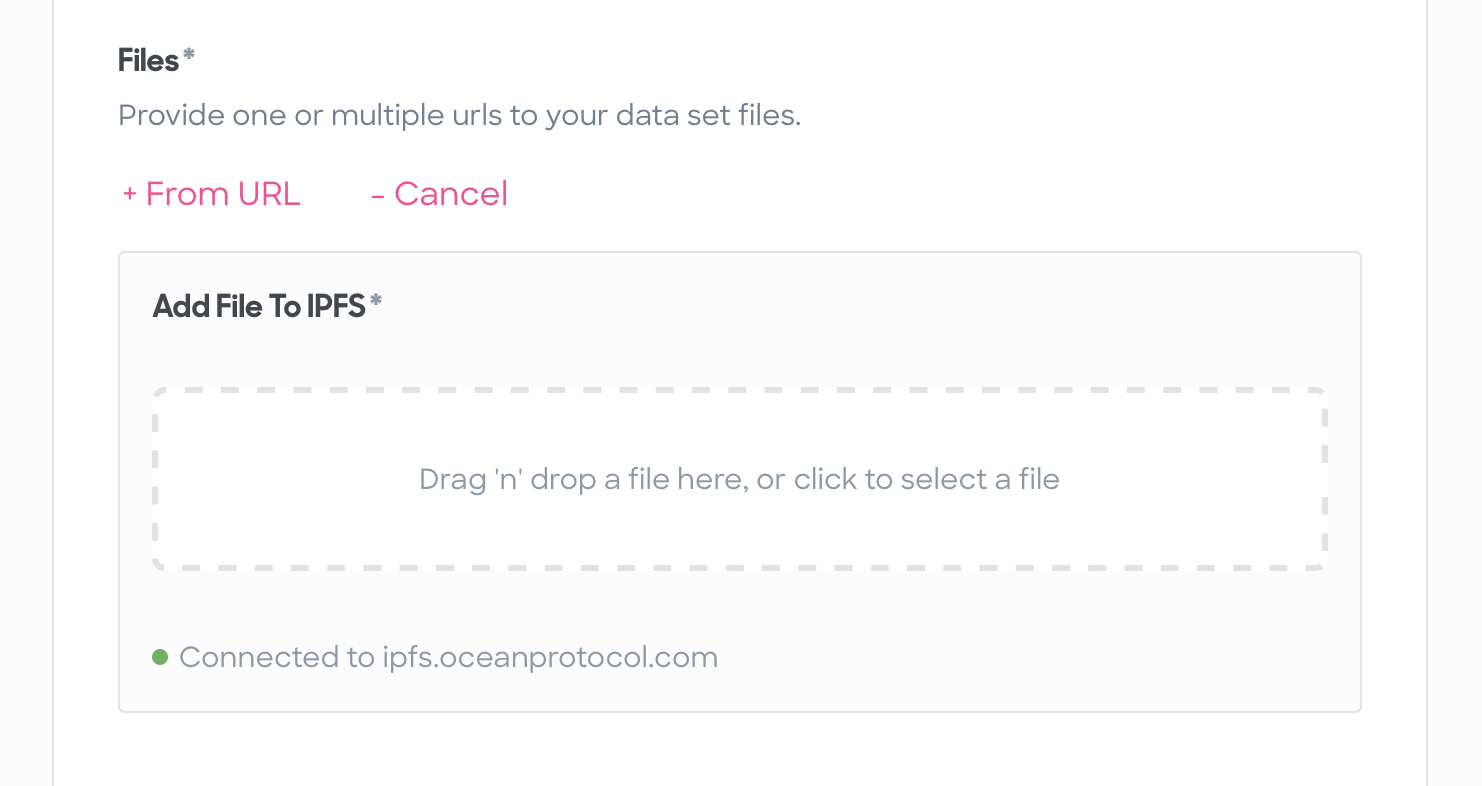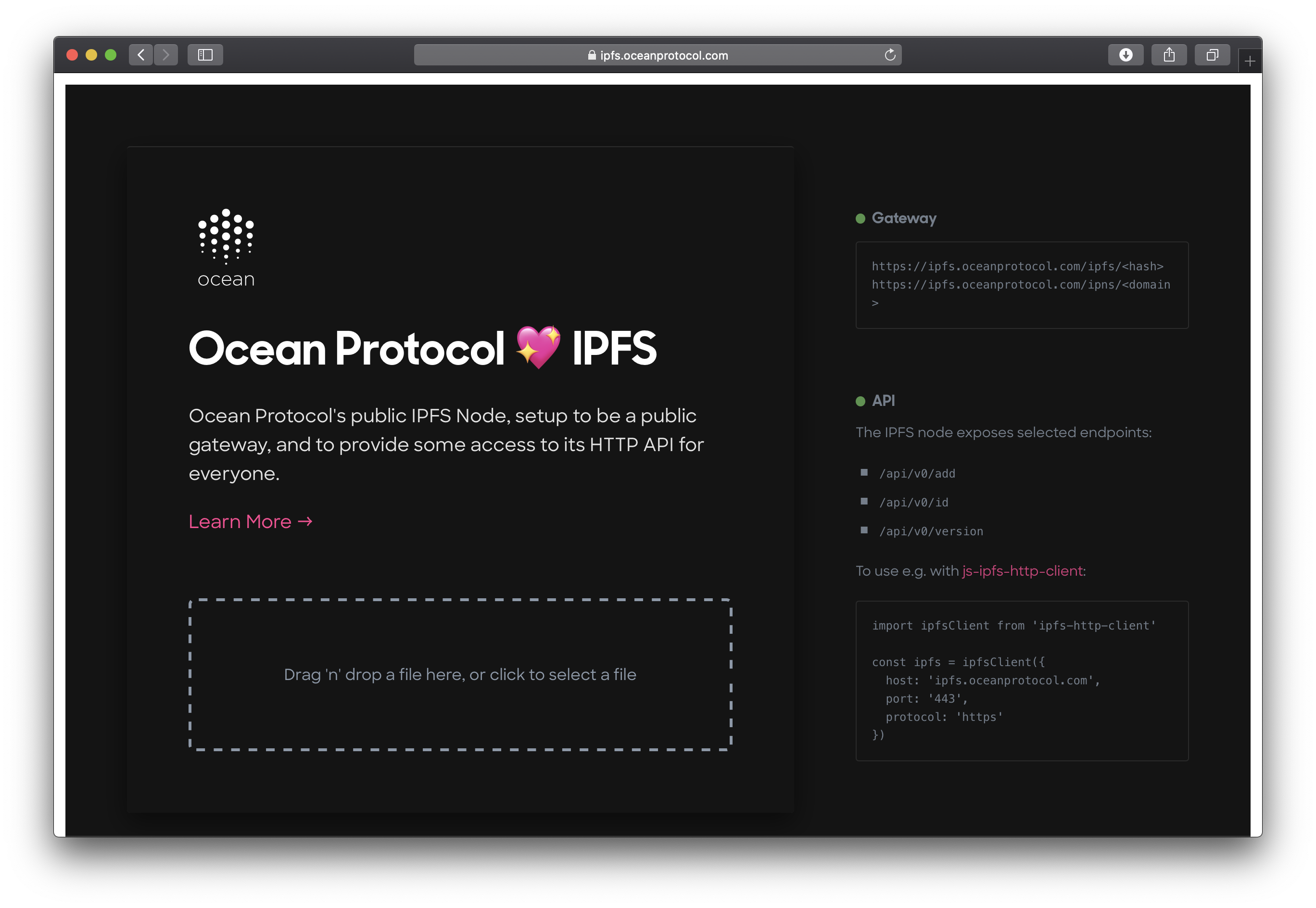* basic astro setup, kick out all gatsby configs * move content folder * src/pages setup * more file reorg * more config updates * more reorgs * refactor * refactor * bump astro * refactor * svg icon build system, theme switch * remark plugin for lead paragraph, more refactor * make images work * post meta * custom Picture component * Pagination, More component, 404 fixes * linking fixes * add table of contents * post actions fixes * tag fixes * content changes * content changes: move media files to their posts * more content moving, remove media folder * refactor remark-lead-paragraph * link css file when defined in post frontmatter * move content up again * kbd post update * allow js * downloads solution * add astro check * redirect_from solution * githubLink solution * reorg * exif solution as prebuild step * exif solution on each post during build * isolate lead paragraph extraction to articles * restore Exif components * deploy script update * fix redirects * xml & json feeds * build fix * fix exif readout in production * head and seo tweaks, add feeds * tweak image display * archive pages with single layout * restore tags archive * sitemap setup * restore thanks page functionality * reorg * cleanup * parallel scripts during prebuild * restore jest setup * remove jest, switch to vitest as test runner * adapt CI * test refactor * typescript tweaks * avatar fixes * typings * restore search functionality * theme switch with nanostores * fixes * test fixes * restore changelog functionality * umami script * border color tweak * related posts with fuse.js * plawright e2e testing setup * search tweaks * simplify typekit loading * photo fix * e2e tests * related posts fix * fix tags archive * tweaks * tweaks * linux snapshots * fix header test * new symlink tactic * fix dev server in codespaces * fix yaml * ci fixes * changelog loading tweaks * e2e against dev server on ci * changelog tweaks * ci tweaks * ci tweaks * ci tweaks * docs updates * ci tweaks * refactor photo creation script * package updates * refactor search * ci tweak * ci tweaks * test tweaks, more unit tests * more unit tests * post creation script tweaks * refactor new scripts, test them for real life * more tests * refactor * codeclimate-action update * uses update * limit ci runs * fix theme toggle, test it * more tests * favicon files cleanup * icon components location change * type checking through ci * command fixes * ci fix * search tweaks * ci tweaks * revised favicons, write post draft about it * drafts filtering fix * lint fix, favicon fixes * copy changes * fix related search images * content updates * new codeblock styles, copy tweaks, fixes * package updates * typing fixes * lint fix * content updates * restore link posts * faster theme switching * split up astro utils * related posts fixes * fix * refactor * fixes * copy tweaks * fixes * picture tweaks * image fixes * feed fixes, adapt for json feed v1.1 * e2e test updates * layout tweaks * update snaphots * migrate to createMarkdownProcessor * ci cache tweaks * activate more browsers for e2e testing * switch to macos-13 images * build caching tweaks * markdown fix * set image quality * remove avif generation * picture tweaks * head fixes * add og:image:alt * create-icons test * new post: Favicon Generation with Astro
8.4 KiB
| date | title | image | tags | toc | ||||||
|---|---|---|---|---|---|---|---|---|---|---|
| 2019-10-24T00:00:00.000Z | Ocean Protocol and IPFS, Sitting In The Merkle Tree | ./ocean-protocol-and-ipfs-sitting-in-the-merkle-tree-teaser.png |
|
true |
IPFS is now integrated into the Ocean Protocol stack, allowing you to take advantage of decentralized asset file hosting.
This article was originally posted on Medium in the Ocean Protocol blog.
✨ Going Decentralized
With Ocean Protocol, you can use centralized storage services like S3, Azure Storage, or your own On-Premise storage to store and retrieve your asset files through Osmosis drivers in Brizo.
But storing asset files in a centralized service poses multiple problems:
- one entity controls the data
- one entity is legally responsible for all stored data
- creates a single point of failure
- if service goes offline, asset files can’t be consumed
- opening up possibilities of censorship by the entity running the service, or the service itself
- if files are moved to another location within the same service, existing URLs break
Initially created to store and efficiently move scientific data sets, the InterPlanetary File System (IPFS) solves all those issues with its goal of transforming the vastly centralized web into a distributed peer-to-peer network.
Files are distributed among multiple nodes, eliminating the single point of failure, legal, and censorship issues. By using content-based instead of location-based addressing of files, URLs won’t break if files are moved.
So we defined OEP-15 to make the ipfs:// protocol a first-class citizen in the Ocean Protocol stack, allowing you to store asset files on IPFS, and use their native IPFS URLs during the publish process.
In short, every component in the Ocean Protocol stack now supports publishing and consuming of asset files stored in IPFS which includes support for native IPFS URLs, referencing files with their Content Identifiers (CIDs).
⛲️ IPFS in Commons Marketplace
Every file stored on IPFS is public by default, so it made perfect sense using this in our Commons Marketplace first. We went through multiple prototypes to end up with our final setup.
During the publish flow you will find an extended Files section for adding a file from an existing URL, and for adding a local file from your device to IPFS.
The existing URL field now supports ipfs:// in addition to http(s):// so if you have an existing asset on IPFS, you can add it here and everything works as before. With the exception that the asset files will be registered with this native IPFS URL.
The new IPFS drop zone provides a convenient way to add and register unpublished asset files.
That drop zone allows you to add a file from your local machine and add it to IPFS during the asset publish flow in a snap:
The Tech Details
First, opening up the drop zone area will ping the IPFS node & gateway to check connectivity. Dropping or selecting a file from your device onto that area does a bunch of things in the background:
-
Will add that file to an IPFS node with js-ipfs-http-client, and pin the file so it stays on our node during garbage collection. We wrapped the HTTP client into our own custom React Hook.
-
The file will be wrapped into a directory to preserve the original file name, so we end up with a URL like
ipfs://QmX5LRpEVocfks9FNDnRoK2imf2fy9mPpP4wfgaDVXWfYD/video.mp4. -
The returned CID is used to ping that file over an IPFS gateway to make it globally available.
-
The IPFS gateway URL is passed to our Commons Server file checker, extracting some file metadata and checking for availability of the file.
-
The native IPFS url is passed to the list of asset files, and it will show up in the file list.
-
Upon final asset publishing, the native IPFS URL is stored encrypted in the asset DID Descriptor Object (DDO) as defined in OEP-8.
All these steps are required because of how files in IPFS are distributed among its nodes. When adding a file to a node (note how it’s not called “uploading”) it is only available on that node. Requesting that file from another node will start the distribution process of the file from the initial IPFS node, making it globally available.
Also the consume flow required some changes. Whenever an asset file stored on IPFS is requested to be downloaded, multiple things related to IPFS are happening in Brizo with its shiny new osmosis-ipfs-driver:
- The file URLs are decrypted upon successful fulfilling of all conditions.
- The native
ipfs://url is mapped to itshttps://gateway URL. - File is downloaded from that gateway URL.
- In case a direct file URL was used instead of being folder-wrapped (e.g.
ipfs://QmPQNaNxHkasNiJBFZht2k3zCEBkvEu1aE5VNGZ8QiT8Nj), the proper file ending will be added automatically at the end of the download process, based on detected MIME type.
🏄♀️ Ocean Protocol’s Public IPFS Node & Gateway
While developing this feature, it became clear we need to run our own IPFS node & gateway to have better control over the whole experience. And donating a node instead of taking away bandwidth from the main IPFS gateway (gateway.ipfs.io) felt like the right thing to do to make Juan happy.
So we created ipfs.oceanprotocol.com, run by us (that is, legally speaking, BigchainDB GmbH).
It is setup to be a public gateway, and provide some access to its node HTTP API for everyone. This means you can use it to address any content in the IPFS network, like:
-
https://ipfs.oceanprotocol.com/ipfs/QmX5LRpEVocfks9FNDnRoK2imf2fy9mPpP4wfgaDVXWfYD/video.mp4
-
https://ipfs.oceanprotocol.com/ipfs/QmPQNaNxHkasNiJBFZht2k3zCEBkvEu1aE5VNGZ8QiT8Nj
At the same time all node API functionality required by Commons is open to the world, so those endpoints can be used by anyone to add files to IPFS:
/api/v0/add/api/v0/version/api/v0/id
As a start, this is a simple single node but we plan to gradually upgrade ipfs.oceanprotocol.com to a full IPFS Cluster of multiple nodes for best data availability.
⛴ Next Possible Iterations
Beside upgrading to an IPFS Cluster there are many ways the process will be improved over time. At the moment the drop zone in Commons only supports single file uploads, so a quick win improvement would be to allow dropping multiple files at once. Likewise, the drop zone using js-ipfs-http-client comes with some bugs when trying to upload larger files.
To make the process of adding files to the IPFS node less dependent on the client browser, it could be moved into a background task in the Commons Server. This should also give more control and feedback for the process of distributing a file from the initial node to other nodes.
And finally, further work may be done to store files encrypted on IPFS and implement a way to decrypt them in an Ocean Protocol network.
Learn more about the Commons Marketplace
This article was originally posted on Medium in the Ocean Protocol blog.



